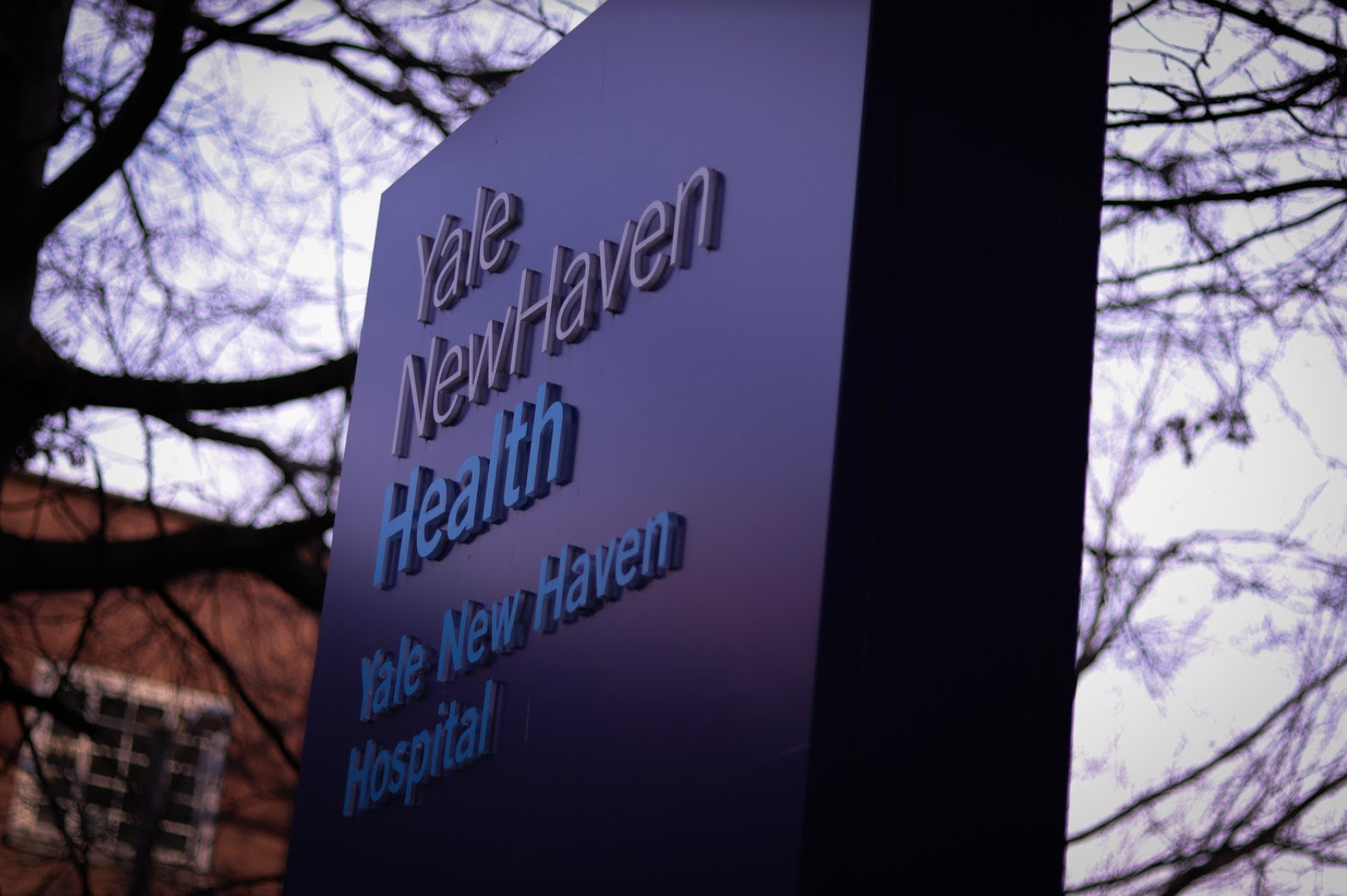
Marisa Peryer
Virologists and doctors at Yale New Haven Hospital have successfully replicated the COVID-19 test, which will allow more people in New Haven County to be tested, and will give a more accurate picture of how far the disease has spread.
As of Sunday evening, 26 people have tested positive for COVID-19 in Connecticut, according to the Connecticut Department of Health. It is likely that there are more cases throughout the state, but a shortage of testing kits makes it impossible for anyone to know the true extent of the disease.
A team of researchers in Yale’s Clinical Virology Department, headed by professor of laboratory medicine Marie-Louise Landry, has been working to address the test-shortage problem by replicating the COVID-19 test. Using this test, they will be able to screen around 50 samples per day, according to Thomas Balcezak, an associate clinical professor and doctor at the Yale School of Medicine.
“We’re going to have a testing site, probably in the middle of next week … at an outdoor location in the city of New Haven, and you will need a doctor’s order to get the test done,” Balcezak told the News on Saturday. “If we have patients that are … admitted to our ICUs or to our floors, we can rapidly determine — and when I say rapid I mean four or five hours — whether or not that person has the virus.”
At the start of the COVID-19 outbreak, testing kits from the World Health Organization were not initially used in the United States, and testing was only available through the Center for Disease Control. According to Steven Choi, Chief Quality Officer at YNHH and the Yale School of Medicine, some states have now received additional testing kits, and tests are also becoming available at private commercial testing centers, but these tests should have been available much earlier.
“As a nation, we are extremely behind with testing capabilities. This is not where we wanted to be,” Choi said. “This has led to gaps in our initial containment and current mitigation strategies against COVID-19.”
Balcezak noted that testing remains limited partly because “you have to do this molecular-based process, which is pretty complicated.”
In an effort to make the test widely available as a diagnostic tool, dozens of institutions across the country, including YNHH, have been working to replicate it. Now that the test has been replicated at YNHH, these testing kits will be used to screen people across the state, with the help of outdoor ambulatory and testing sites.
“We now have our internal lab here at Yale New Haven Hospital up and running for COVID-19 testing as well as multiple ambulatory specimen collections centers that should be opening up soon across our health system,” Choi said.
These ambulatory sites are for collecting specimens, and there is currently one in Greenwich as well at Hartford Hospital, according to Balcezak.
While ambulatory sites are only where samples are collected, testing sites will be where samples are screened for the virus. People who get tested at these locations will need to have a doctor’s order, and the testing will be limited to about 50 samples per day. Ideally, Balcezak said, they would be able to screen up to 200 samples daily, which would happen only if the hospital could optimize the workflow and “make sure [it] had enough staff around the clock.”
Because YNHH’s testing capacity remains limited, hospital staff members will test people who are most critically ill and likely those who are already in the ICU or hospital. Balcezak stressed that people who are “curious” and exhibit no symptoms should not take the test.
“We can only treat patients, we can’t stop the pandemic as a hospital,” Balcezak said. Even if more people can get tested, he explained, there remains a concern as to whether or not the state’s health system will be able to deal with the peak of the outbreak.
The patient capacity of the Yale New Haven’s ICU is 270, according to Balcezak. While the capacity can be slightly increased by using operating rooms or other parts of the hospital as makeshift ICUs, many health professionals are skeptical that such measures will suffice. There are always limits on staffing, ventilators and many more key treatment factors, according to Balcezak.
According to the CDC, serious illness will likely occur in about 16 percent of people who are infected with COVID-19. If 16 percent of all Connecticut residents need to be hospitalized, the state and local healthcare systems will likely not be able to handle this influx.
“I am not at all confident that we have enough ICU capacity,” Balcezak said.
Choi also emphasized that the health system’s ability to handle the pandemic will be “largely contingent on the proper response and execution of our public health measures in the community.” These include social distancing, proper hand hygiene, responsible travel and overall social awareness, according to the CDC’s official guidelines.
“If our public does not act responsibly, there is very little that our hospitals and healthcare workers can do to stop the potential surge,” Choi said.
Yale New Haven Hospital was founded in 1826.
Charlotte Zimmer | charlotte.zimmer@yale.edu
Correction, March 18: A previous version of this article stated that the capacity of the Yale New Haven healthcare system is 270. In fact, that is the capacity of the hospital’s ICU. The article has been updated to reflect this.







